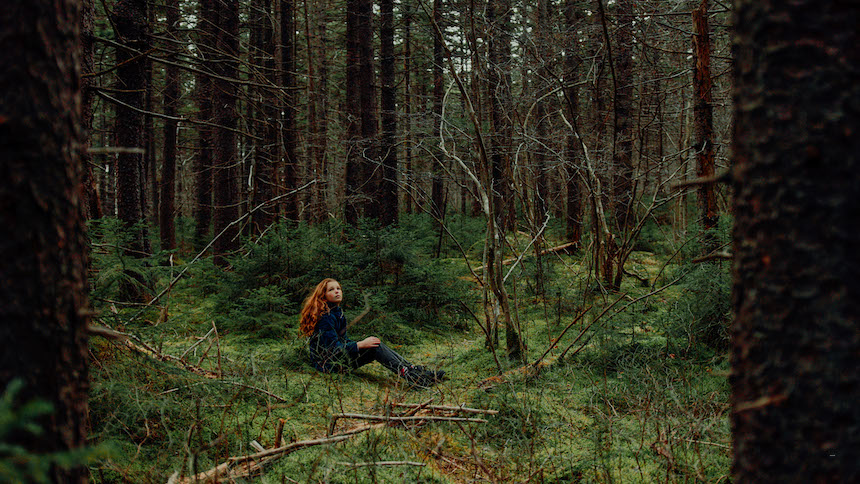Sundance 2023 Review: KING COAL, Iluminating, Insightful Cine-Essay

Despite a total population just one-fifth of New York City, West Virginia, the 12th-least populous state in the Union and the 10th by land mass, holds a disproportionate place in the collective political, social, and cultural imagination in the United States.
Institutionally, the U.S. Senate’s extreme tilt towards small, rural states and the current 51-50 Democratic majority gives small states like West Virginia and its Democratic senator, Joe Manchin, outsized political influence. Between 2020 and 2022, Manchin and the first-term senator from Arizona, Krysten Sinema, limited, if not outright controlled, what Democrats could pass legislatively.
For West Virginia and by extension, Manchin, some of that influence goes well beyond the structure of political institutions and to West Virginia’s century-old reputation as the central hub for coal. Blessed — and many would argue, cursed — with a coal supply second to none, West Virginia has provided the U.S. economy with one of its most important energy sources. That, of course, has come with a quantifiable and qualitative price: The despoliation of the environment both in West Virginia and wherever coal was and continues to be used.
Those complex, contradictory ideas animate Oscar-nominated writer-director Elaine McMillion Sheldon’s (Recovery Boys, Heroin(e)) strikingly original, illuminating documentary, King Coal. Less a straightforward narrative, King Coal instead unfolds as a series of lyrical, poetic ruminations read by Sheldon in her own voice.
The images and sounds that follow highlight West Virginia’s natural beauty (i.e., rolling hills, low-slung mountains, dense, verdant forests) and the people, primarily, but not exclusively, of the Caucasian persuasion, people (miners and their families) who helped to make West Virginia the central coal-producing state in the country.
Rather than leading viewers as an onscreen tour guide of sorts, Sheldon instead uses Lanie Marsh, an inquisitive junior high-school student, as a surrogate, following Marsh through structured and unstructured activities like grabbing ice cream at a roadside store, wandering into the nearby woods -- sometimes alone, sometimes with an African-American friend and fellow classmate -- and for purposes of Sheldon’s central thesis about the near-mythological status of coal in the lives of everyday West Virginians, a school presentation unsurprisingly centered on coal, its biochemical properties, and its unparalleled contributions to the local and state economy.
As Sheldon cogently notes in King Coal, technology has transformed mining from dangerous, often deadly physical labor to large-scale burrowing machines that can do the work of several hundred men at a fraction of the cost or risk. Currently, West Virginia employs a grand total of 12,000 miners, but in the popular imagination, it’s 100 or even 1,000 times the actual number.
Sheldon tracks several memorials to fallen miners, a tattoo artist, a former miner himself, inking a thirty-something man with an image of his miner-grandfather, and a local beauty pageant where the word “coal” remains a prominent part of the name and the activities of the contestants.
With coal, still powering West Virginia’s backward-looking economy, but an inefficient, outmoded source of energy — and that’s setting aside its devastating environmental effects — Sheldon’s cine-essay should be a must-see for political activists, cultural observers, and anyone interested in how and why coal remains a point of obsessive fixation, pride, and identity for West Virginia’s populace.
King Coal premiered at the 2023 Sundance Film Festival.







